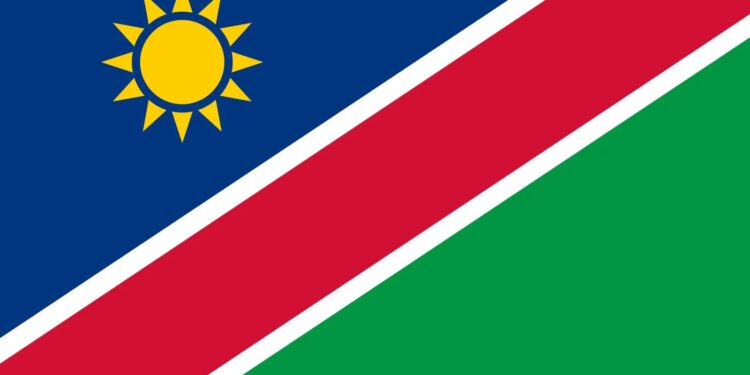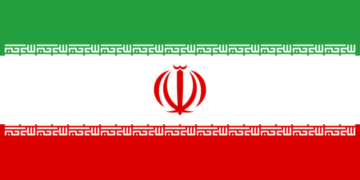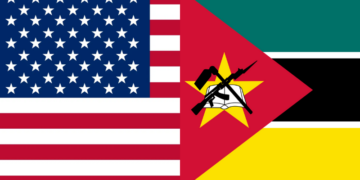On Wednesday, May 28th, Namibia formally observed its first Genocide Remembrance Day with a national event paying tribute to the victims of massacres committed by German colonial troops between 1904 and 1908. The remembrance commemorates what is generally accepted as the first genocide of the 20th century: the systematic slaughter of tens of thousands of Herero and Nama people.
The celebration featured symbolic gestures like candle lighting, traditional rites, and a moment of silence. The date was selected to coincide with the closing of colonial concentration camps on May 28, 1907, following increasing international criticism at the time. These camps had terrible conditions of forced labor, starvation, and inhumane treatment, causing widespread death. Later, in Europe, the victims’ remains were used in racist pseudoscientific research.
National leaders reiterated the demand for complete restitution during the ceremony. Germany recognized the genocide in 2021 and committed more than one billion euros in development assistance. However, Namibia rejected this offer because the word “reparations” was not included and the affected populations were not directly involved. Requests for justice remain based on international reparations frameworks prioritizing victim participation, recognition of their rights, and restitution.
Survivors’ descendants continue fighting for the restoration of ancestral lands and reparative justice that includes land rights and monetary compensation. Communities argue symbolic acts alone are insufficient and call for inclusive, fair, and open talks. Besides national policy, the genocide remains a part of Namibia’s collective trauma and socioeconomic structure.
The prior seizure of livestock from the Herero and Nama by Germany before the genocide is also highlighted, with some advocating for these losses to be considered in compensation. This supports a broader initiative to address colonial legacies according to genocide prevention principles.
Namibia’s Genocide Remembrance Day is not only a tribute to lost lives but a renewed call for recognition, justice, and restitution reflecting the scale of historical crimes committed.













